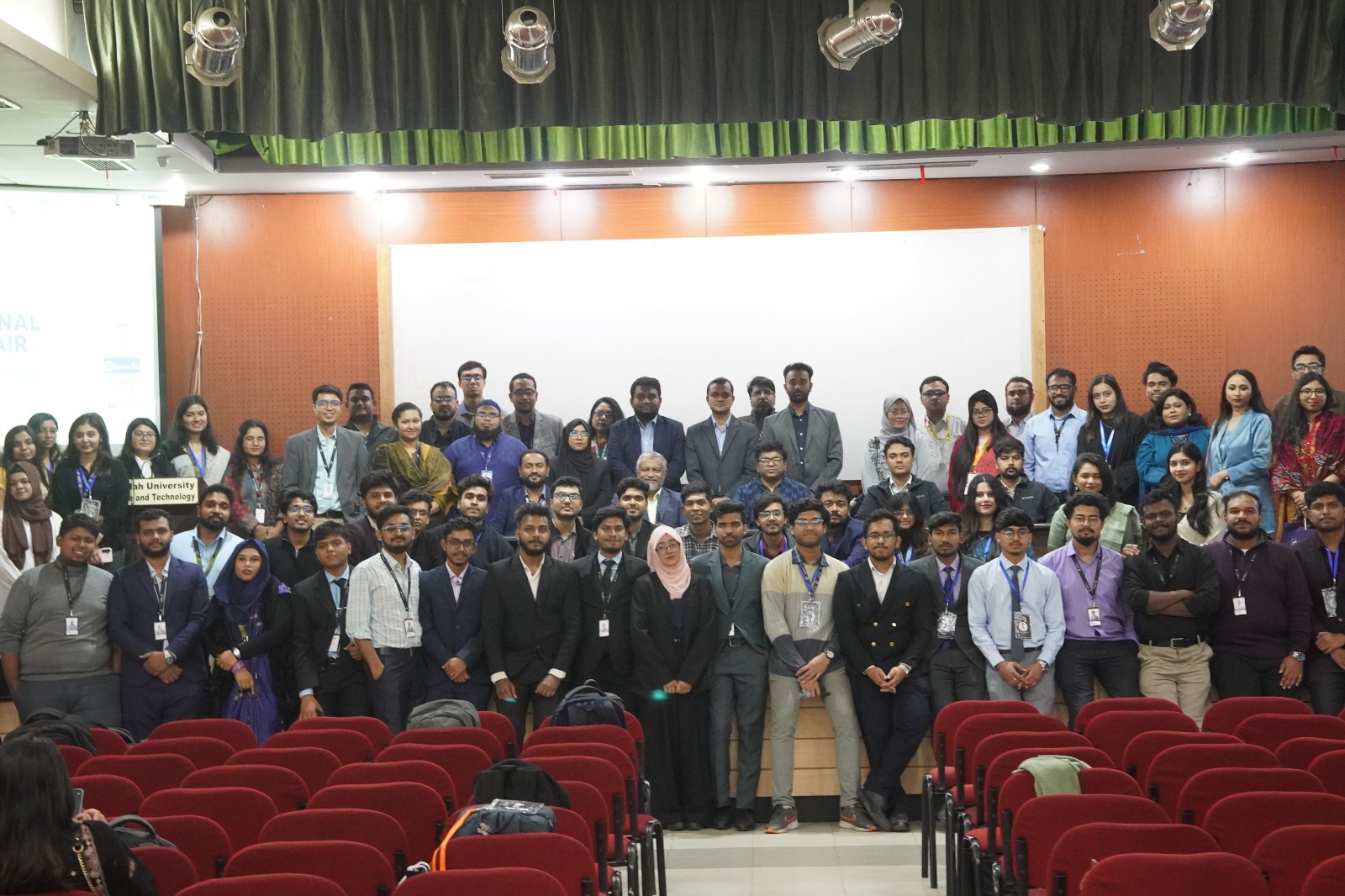The Ukraine-Russia conflict can snowball into a global economic catastrophe
The Russian invasion of Ukraine has snowballed into one of the consequential global conflicts since the second world war. Russia, a leading energy superpower, remains a pivotal factor in the wellbeing of the European and rest of the global economies. The war has already begun bringing fresh sanctions on Russian personnel and business entities. As the aggressor state, Russia is already facing severe restrictions and consequences in economic terms, although the Westerners seem cautious enough in implementing those.
Ukraine has the horrendous fate of becoming warring grounds for competing powers. Tsars and Kaisers, Poles and Swedes, Wehrmacht and Red Army, Ukrainian steppes have witnessed some of the most horrendous possible war crimes, man-made famine, and economic devastation incomparable to anything in Europe. The fresh chapter of Russian conflicts bears a multifaceted economic impact that won’t vanish very quickly.
RUSSIA: DECLINING YET RELEVANT
Forget the impressive strings of victories attached to Moscow. In economic terms, Russians have been under steep decline compared to the once global prowess they enjoyed. Western-imposed sanctions and prohibitions after the 2014 Ruso-Ukraine crisis have taken their toll. Yet, Russia still remains relevant largely thanks to its incredible volume of coal-oil-gas and other valuable minerals like diamonds, titanium, iron, copper, manganese, etc. Today, the Russian economy stands at USD 1.5 trillion (nominal). It’s smaller than South Korea and ranks 11th in the world. The country has an extensive automobile sector and is a leading exporter of food grains, mainly wheat. Its vast resources feed millions in Europe. About 45% of Russian exports go to European neighbours, especially Italy, Germany, France, and Hungary. Thus any war involving Russia is to bring economic upheavals in Europe.
Countries like Germany depend on Russia to meet 50% to 80% of energy demand. Many ex-European leaders, Austrian foreign minister Karin Kneissl and German chancellor Gerhard Schroder are highly involved with Russian state-owned companies. Thus, severing ties with the Russian economy is hard for the EU.
IMPACT ON WARRING ECONOMIES
Despite an impressive tradition of upscale military and intelligence-related technological capabilities, Russia imports various technological commodities, like semiconductor chips and microprocessors from the West. Sanctions are likely to hurt this necessity. Previous sanctions, imposed after the annexation of Crimea have stalled its internal growth and curbed foreign direct investments. Russia’s attempt to diversify its economy also didn’t quite work out. The country still depends extensively on energy exports.
It is assumed that Putin and his aides expected the sanctions and stockpiled a massive reserve amounting to USD 630 billion. The sum is good enough to support the Russian economy for a while. The Russian central bank has already intervened to stabilise the Ruble against the USD. Following the Ukraine invasion, Rubles hit a record low, at 84 rubles a dollar. The Moscow Stock market, despite a fall of 33% and repeated government incentives, is likely to grow very slowly in the coming days. Price surge is already being felt in Russian markets, a change that was not anticipated this early.
As soon as the war started, Wall Street documented a plunge of 800 points. Even though their overwhelming dependence on Russian energy resources is problematic, the EU is not backing up from tightening the noose around Russia. Due to war, Germany has halted Nord Stream 2 energy pipeline construction, and commercial airliners from Russia are banned across Europe. The EU, UK, and the US have imposed various sanctions on Russian businessmen, Russian presidents, and Russian companies. Oil conglomerate British Petroleum (BP) has distanced itself from Russian state-owned oil company Rosneft. Reluctant at first, European nations have agreed to block Russian banks from using the SWIFT system, meaning Russian banks can’t transfer or receive money from European or US banks. However, a payment gateway for oil and gas may be kept open. The results are reported to be felt across Russia, where living standards were already hovering around that of in the 2010s. Russians assets worth more than 560 billion have also been frozen by Western authorities.
Despite economic recessions and being one of the poorest of the Europeans, Ukraine has tremendous importance in the European economy. Even amidst the Russo-Ukrainian crisis since 2014, the East European state received about USD 50 billion in foreign direct investments. Its educated workforce, 44 million population, strong manufacturing sector, and massive natural resources are eye-catching for global companies. Ukraine is an integral part of the EU automobile supply chain and Russia. The country also is an essential source of internet service for EU states. Ukraine is a leading global supplier of titanium, uranium, iron ore, wheat, rye and other food grains. Due to its healthy business relation with Europe, the war will most certainly hamper EU market prices.
Western-imposed sanctions and prohibitions after the 2014 Ruso-Ukraine crisis have taken their toll. Yet still, Russia remains relevant largely thanks to its incredible volume of coal-oil-gas and other valuable minerals like diamonds, titanium, iron, copper manganese, etc.
IMPACT ON GLOBAL ECONOMIES
Oil and gas remain the most crucial factor in the Ukraine crisis. Russia and Ukraine are the largest suppliers of oil and gas in Europe. Like that of Germany and Italy, Giant global economies are highly dependent on the Russo-Ukrainian supply chain. The war has pushed the oil price to a record high in the last seven years: USD 105 per barrel (Brent Crude). As Russia is the second-largest producer of oil globally and since the war seems less likely to end quickly, it’s uncertain whether the oil price will come down anytime soon. European governments are reluctant to ration fuel because the increasing strain on the supply chain may force them to do so. In some states, gasoline prices have already hit a record high. Oil prices were already rising as economies began to revive after the pandemic. A shrunk Russian supply will force other OPEC members to increase production, something they have been doing very slowly. Experts warn the price of Brent Crude can hit up to USD 140 per barrel in the future. On the other hand, Russia is ripping the benefits of a raised price.
Ukraine and Russia are essential suppliers of titanium and manganese, vital components of the automobile industry. Ukraine has a solid industrial base. Alongside agricultural and machinery, aircraft manufacturer Antonov is halted due to the Russian bombing. The plight of Ukrainian refugees can strain the economies of East and Central Europe. Western nations may divert oil imports from Saudi Arabia and the Gulf States. Iran may also enjoy the benefits of the European war.
what, corn, barley, or anything made with food grain will face a price hike. Ukraine and Russia account for about 30% of the world’s wheat production. War will create enormous pressure on agricultural production for the coming years. Egypt, Turkey, and some European nations are already struggling to check food prices. On the contrary, China has announced the upliftment of all restrictions on Russian wheat to help the sanction-plagued economy. Russia may also use the Chinese Cross Border Interbank Payment System (CIPS) as an alternative of SWIFT.
WHAT WILL BE THE SHORT-TERM IMPACT?
A full-fledged conventional war will likely bring more hardships for the global community. The price of food and fuel will be an obvious problem. Given the situation on the ground, Russian forces are far from closing their adventurism in Cossack grounds. Consumer and service sectors are also going to take a hit. The world is yet to absorb the COVID-19 hit, and the recovery just became slower thanks to this crisis. As for Russia, the unpopular invasion will likely derail the economy to some extent. A loss of reputation and foreign investment may also occur.
For Bangladesh, along with the price hike, some other issues may arise. Due to Russian involvement, the completion of the Nuclear Power Plant and Bangabandhu-2 Satellite may slow down. Like other developing countries, Bangladesh may find it challenging to tackle energy price hikes in the longer term if the crisis goes on.















